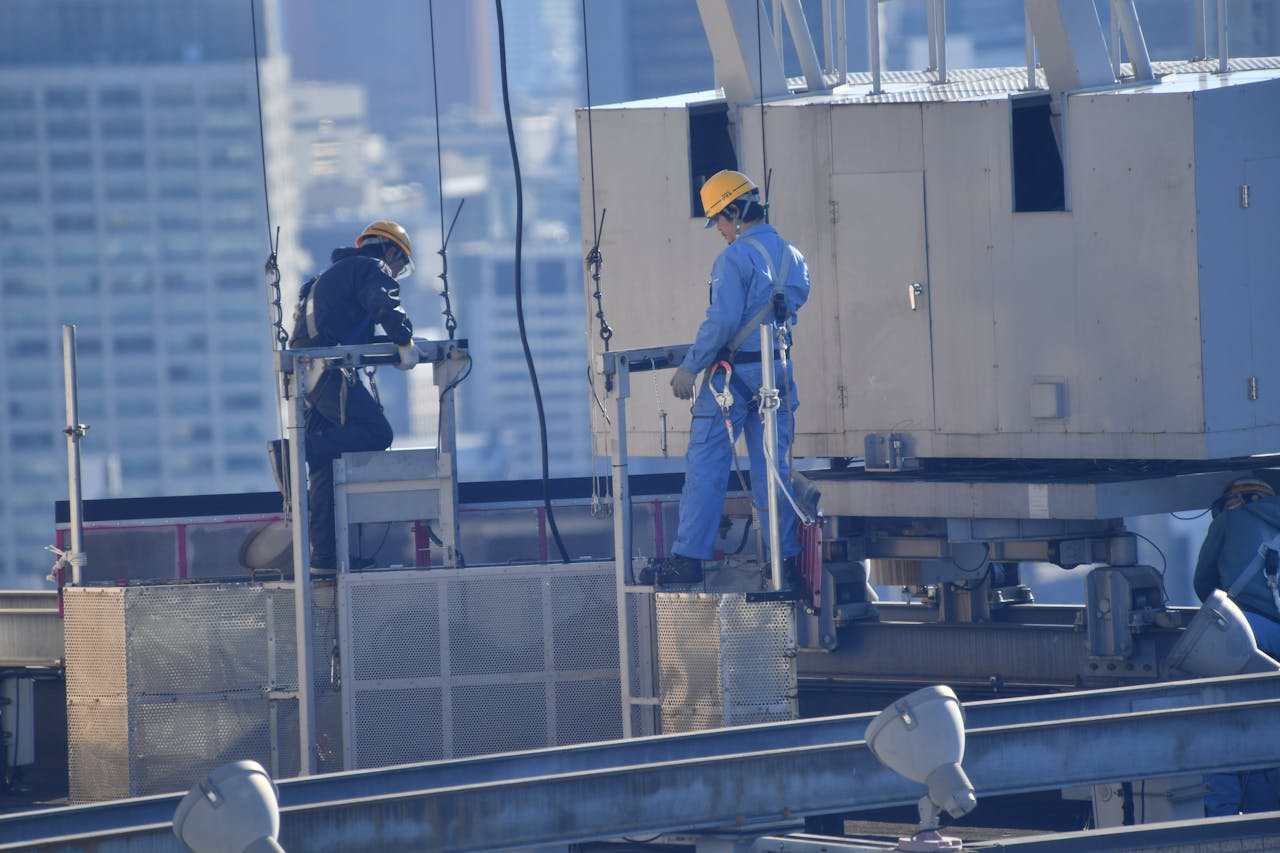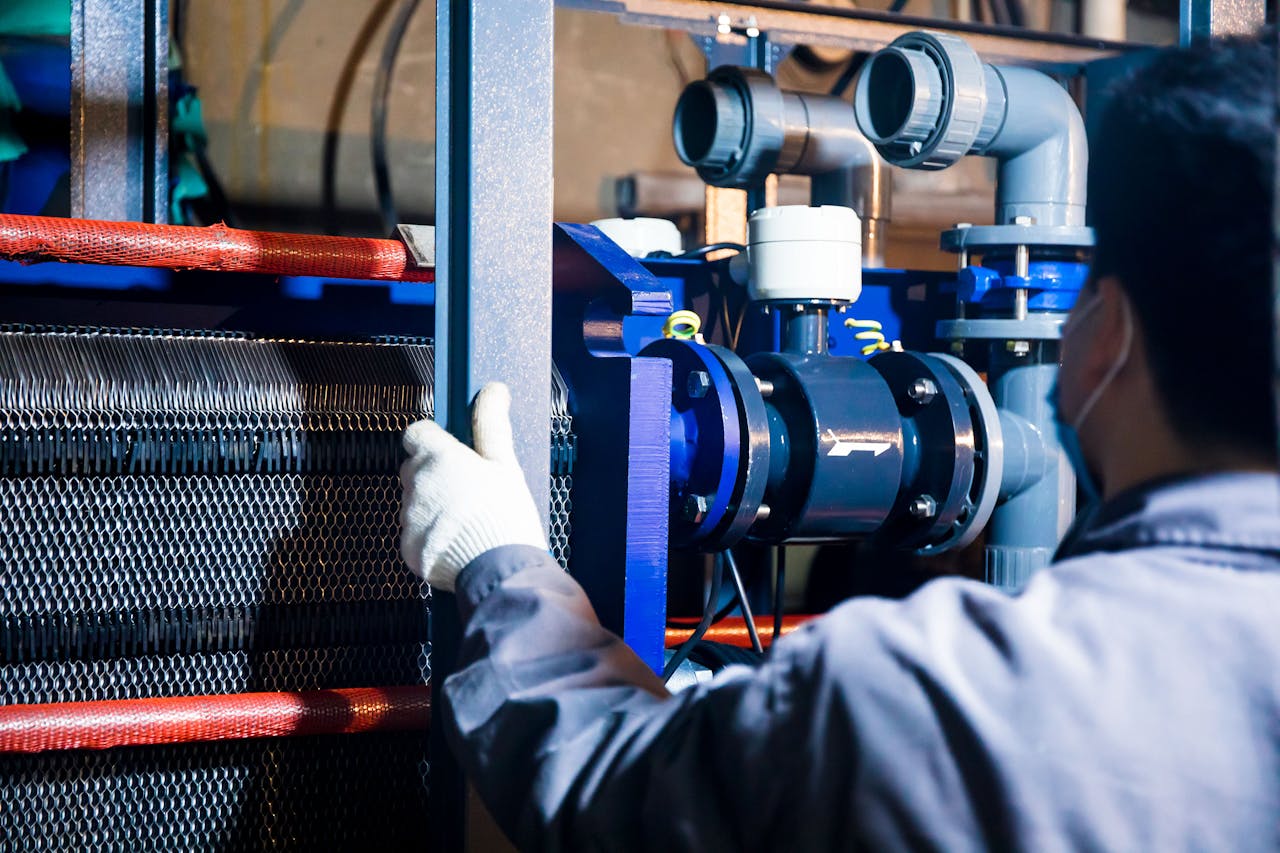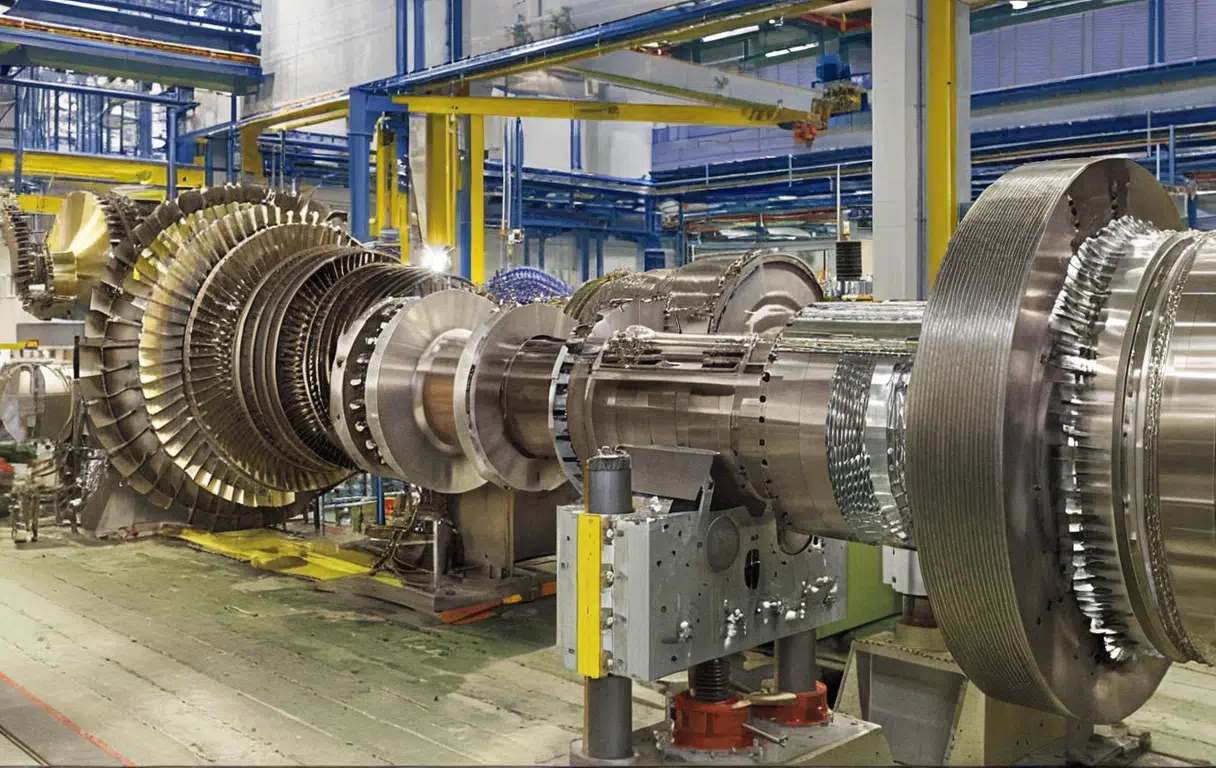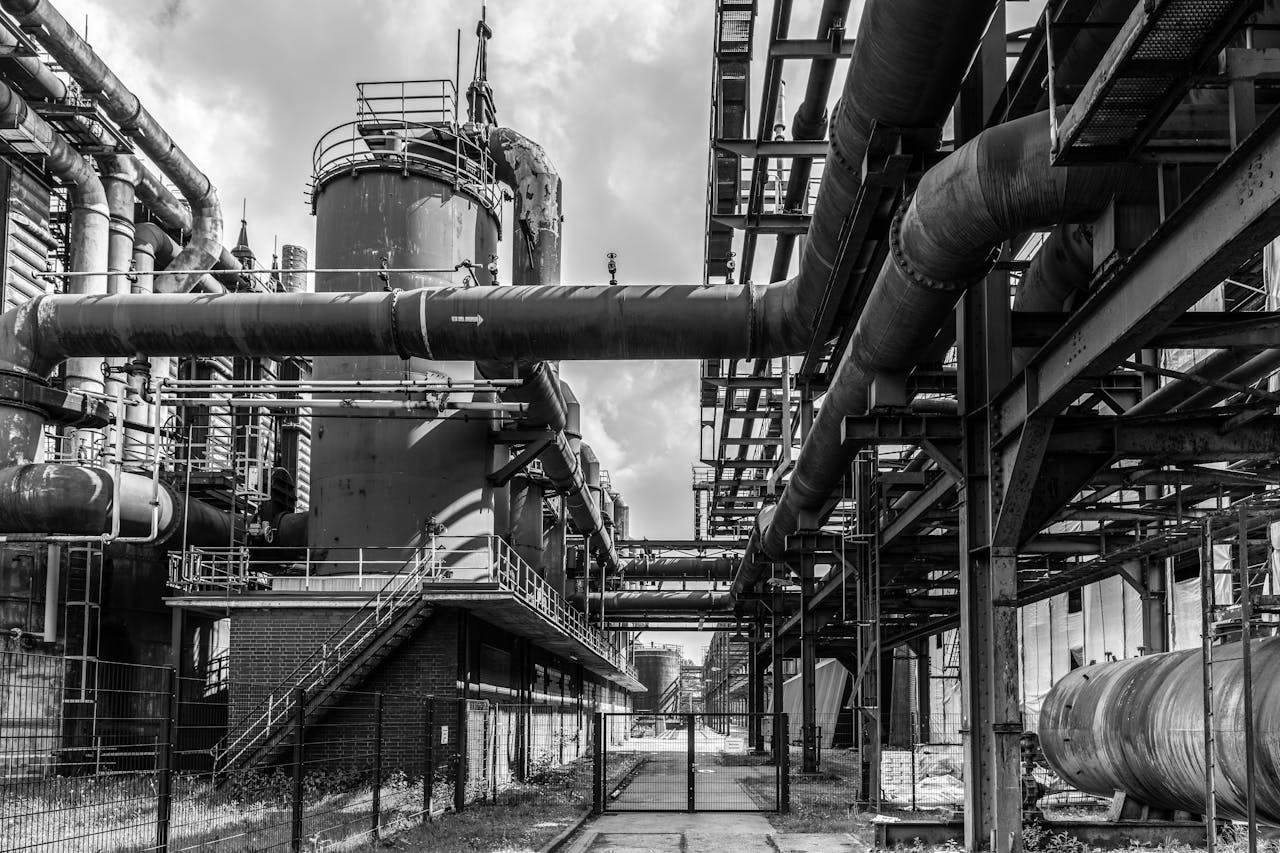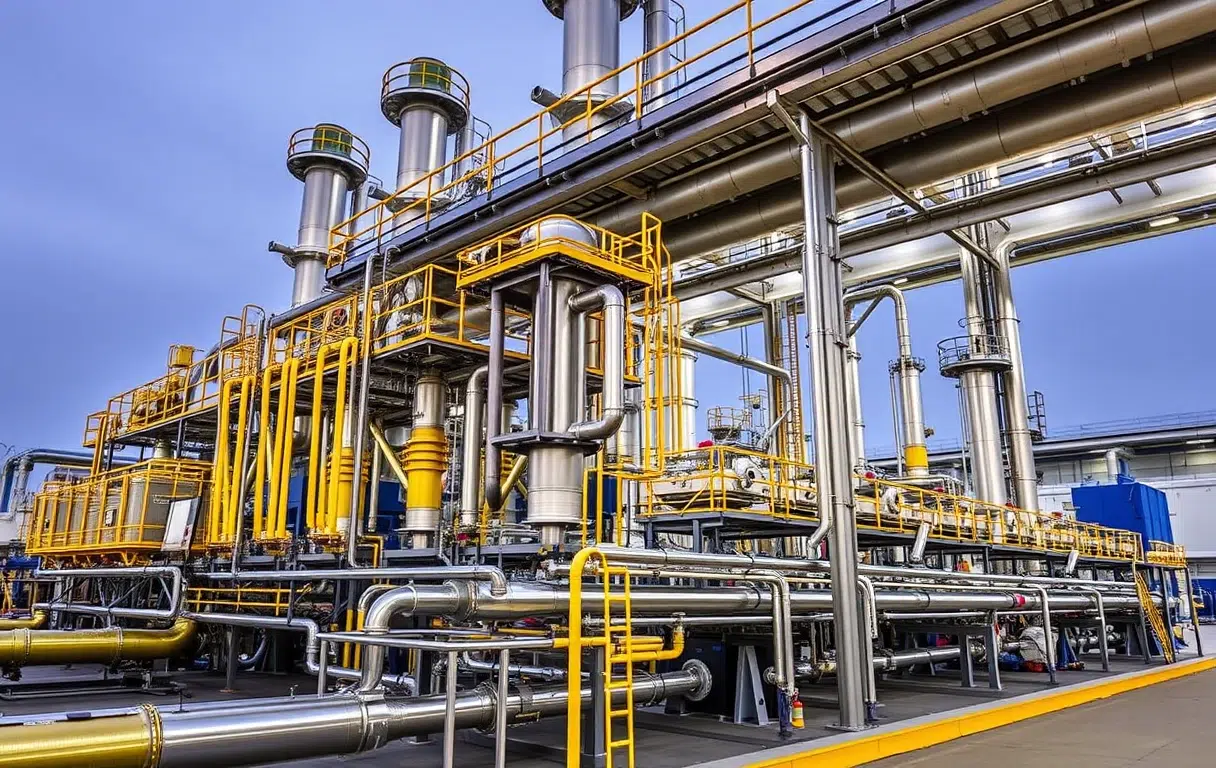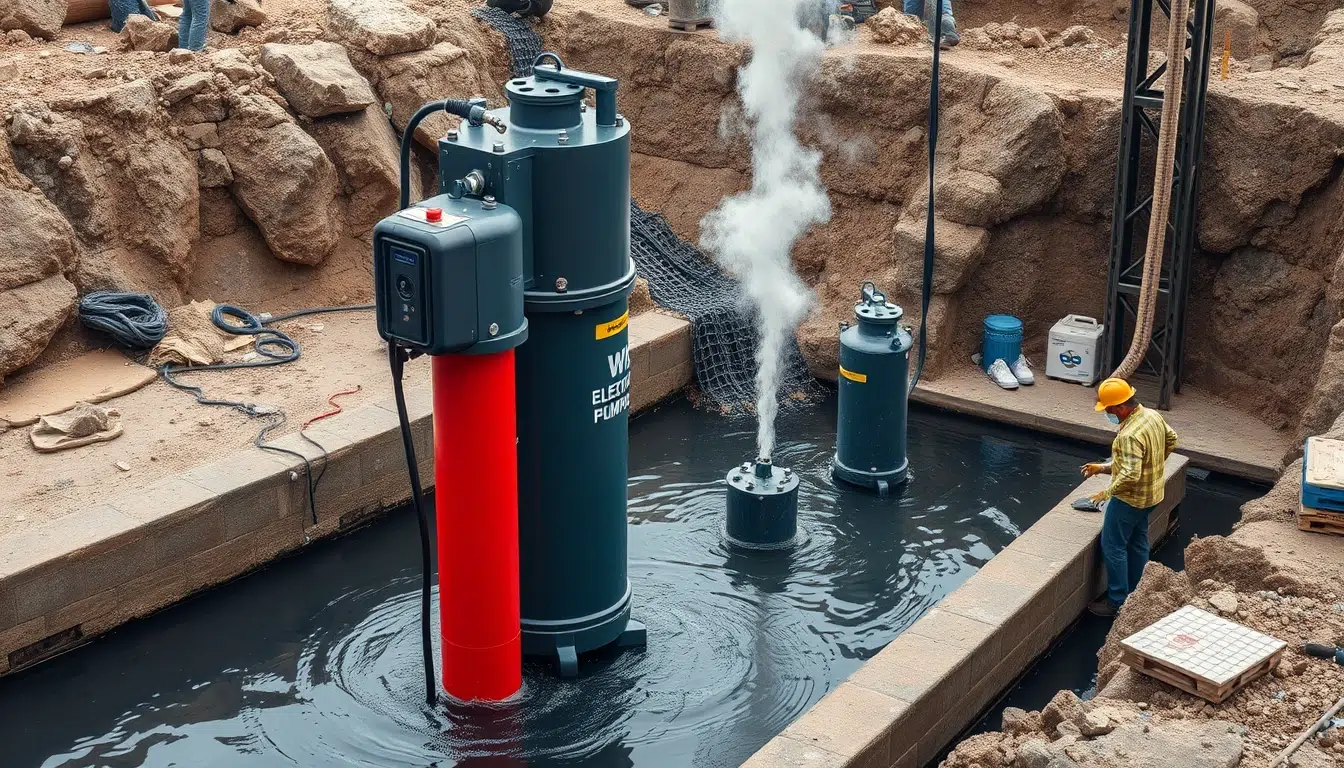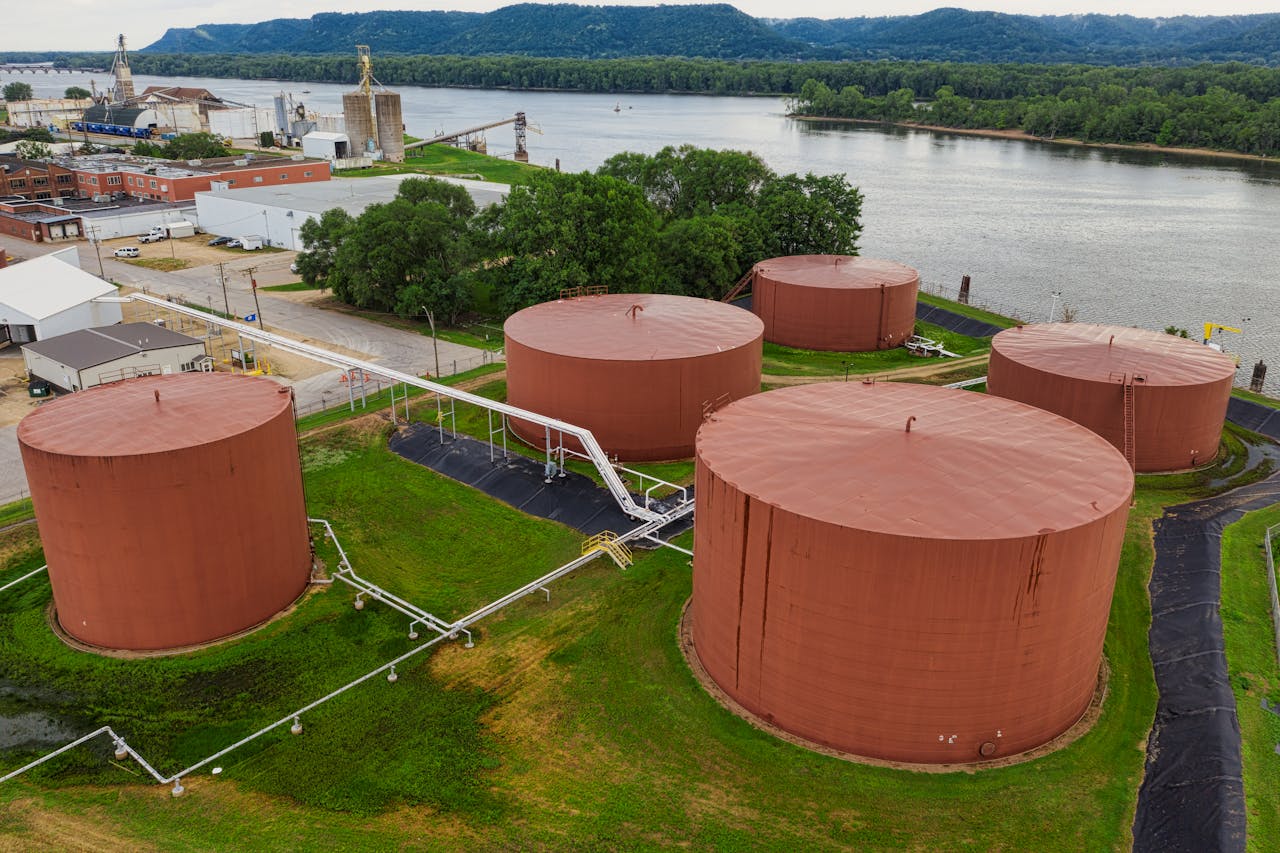Process Plant Optimization, Revamping and Debottlenecking
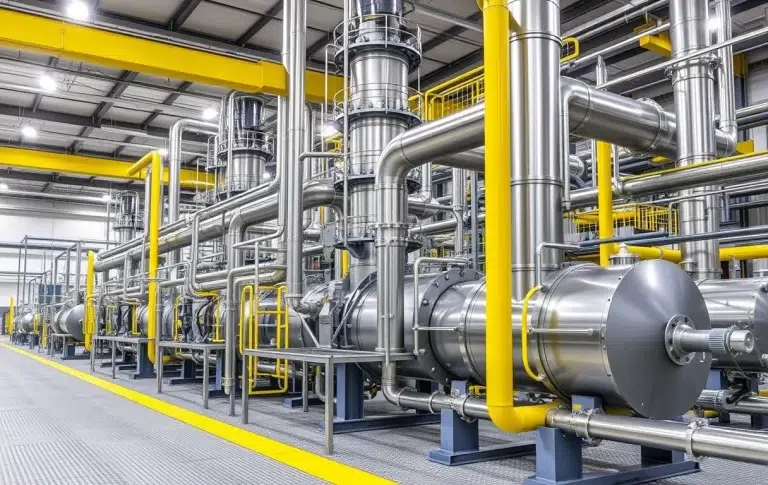
| Date | Format | Duration | Fees (USD) | Register |
|---|---|---|---|---|
| 27 Oct - 31 Oct, 2025 | Live Online | 5 Days | $3785 | Register → |
| 10 Nov - 14 Nov, 2025 | Live Online | 5 Days | $3785 | Register → |
| No upcoming Schedule available for this course. | Register |
|---|---|
| Take control of your schedule! Choose your preferred dates and locations. click the register button. | Register |
Did you know that implementing process optimisation and debottlenecking strategies can increase production capacity by up to 33% while reducing energy consumption by 20–40%?
Course Overview
The Process Plant Optimization, Revamping and Debottlenecking course by Alpha Learning Centre is meticulously designed to equip professionals with essential skills in process simulation, plant revamping methodologies, and debottlenecking strategies. This course focuses on how participants can effectively master advanced optimisation techniques, implement capacity enhancement strategies, and develop resource-efficient solutions to ensure operational excellence in process plants.
Why Select This Training Course?
Selecting this Process Plant Optimization, Revamping and Debottlenecking course offers numerous advantages for professionals involved in plant operations, chemical engineering, and project management. Participants will gain advanced knowledge of process simulation tools, equipment performance enhancement techniques, and hydraulic analysis methods. The course provides hands-on experience with interactive simulations and real-world case studies, enabling attendees to optimise their plant operations effectively.
For organisations, investing in this training enhances overall operational efficiency and ensures better alignment with sustainability goals. Research indicates that debottlenecking projects can significantly improve throughput while minimising costs associated with energy consumption and waste. For instance, a successful debottlenecking project at a gas treatment plant increased capacity by 33%, demonstrating the tangible benefits of strategic optimisation.
For individuals who complete this course, there are significant career benefits. This training enhances professional profiles by providing expertise in process optimisation and debottlenecking techniques, which are highly valued by employers across industries such as oil and gas, petrochemicals, and power generation. Studies show that professionals trained in these areas are better equipped to tackle complex operational challenges while ensuring regulatory compliance.
Transform your process plant optimisation capabilities – Register now for this critical advanced training programme!
Who Should Attend?
This course is suitable for:
- Process Engineers
- Plant Managers
- Production Supervisors
- Chemical Engineers
- Operations Managers
- Project Engineers
- Equipment Designers
- Technical Directors
- Plant Optimization Specialists
What are the Training Goals?
The aims of this course are to support attendees to:
- Master advanced process simulation techniques
- Implement effective debottlenecking strategies
- Develop plant revamping methodologies
- Execute capacity enhancement projects
- Optimise resource utilisation
- Design retrofit solutions
- Analyse process constraints
- Evaluate equipment limitations
How will this Training Course be Presented?
Prepare for an immersive journey into the world of process plant optimisation! Our Process Plant Optimization, Revamping and Debottlenecking course delivers a dynamic and engaging learning experience through cutting-edge methodologies. This course is designed to challenge your perspectives, enhance your technical knowledge, and equip you with the tools necessary to excel in today’s complex industrial landscape.
The course will be delivered through:
- Interactive process simulations
- Real case studies
- Practical workshops
- Technical discussions
- Software-based analysis
- Plant scenario modelling
Each delivery method is carefully integrated to ensure participants gain both theoretical knowledge and practical experience. The course structure promotes active engagement and real-world application, allowing participants to develop crucial analytical and strategic skills within a supportive learning environment.
Prepare to be challenged, inspired, and transformed. Join us for an unparalleled learning experience that will redefine your approach to process plant optimisation!
Course Syllabus
Module 1: Process Analysis and Optimization Techniques
- Mass and energy balance optimisation
- Pinch analysis methodology
- Process integration techniques
- Equipment performance assessment
- Hydraulic network analysis
- Heat exchanger network optimization
- Process control system evaluation
- Advanced process modelling
- Thermodynamic efficiency analysis
- Economic optimization methods
- Operational constraints analysis
Module 2: Debottlenecking Methodologies
- Capacity limitation identification
- Process simulation techniques
- Equipment rating assessment
- Hydraulic analysis methods
- Process flexibility studies
- Dynamic simulation approaches
- Constraint removal strategies
Module 3: Equipment Performance Enhancement
- Distillation column optimization
- Reactor performance improvement
- Compressor efficiency analysis
- Heat exchanger enhancement
- Pump system optimisation
- Separation unit upgrades
- Process control modifications
- Equipment reliability assessment
- Mechanical limitations evaluation
- Energy efficiency improvements
Module 4: Plant Revamping Strategies
- Process modification techniques
- Equipment retrofit analysis
- Piping system modifications
- Control system upgrades
- Safety system enhancement
- Environmental compliance measures
- Utility system optimization
- Material handling improvements
- Cost-benefit analysis
Module 5: Process Integration and Intensification
- Heat integration methods
- Mass integration techniques
- Energy recovery systems
- Advanced separation methods
- Reaction intensification
- Process condensation strategies
- Waste minimisation approaches
- Resource utilisation optimization
Module 6: Hydraulic Analysis and Solutions
- Pipeline capacity assessment
- Pump system analysis
- Pressure drop calculations
- Flow distribution optimization
- Network analysis techniques
- Hydraulic gradient evaluation
- System curve development
Module 7: Economic Evaluation Methods
- Cost-benefit analysis
- Investment assessment
- Operating cost evaluation
- Payback period calculation
- Risk assessment methods
Module 8: Safety and Environmental Considerations
- Process hazard analysis
- Environmental impact assessment
- Emission reduction strategies
- Safety system upgrades
- Waste management optimization
- Regulatory compliance measures
- Risk mitigation strategies
Training Impact
The impact of process plant optimisation training extends beyond immediate operational improvements to create long-term value for organisations. Research indicates that effective debottlenecking strategies lead to numerous benefits including increased production capacity, reduced energy consumption, and improved environmental compliance.
According to industry research, using process simulation tools during debottlenecking projects can identify inefficiencies while optimising flow rates and equipment utilisation. For example, a biofuel plant achieved a 40% reduction in energy consumption through strategic modifications to its distillation columns.
These improvements translate to the following tangible benefits:
- Enhanced production capacity through targeted debottlenecking solutions
- Improved resource utilisation via advanced optimisation techniques
- Reduced downtime through efficient revamping strategies
- Better environmental compliance through sustainable practices
By investing in this advanced training programme, organisations can expect to see:
- Significant improvement in operational efficiency across all levels
- Improved ability to handle complex optimisation challenges constructively
- Enhanced decision-making capabilities through systematic simulation frameworks
- Increased competitiveness through optimised resource management strategies
Transform your career and organisational performance – Enrol now to master Process Plant Optimization!

